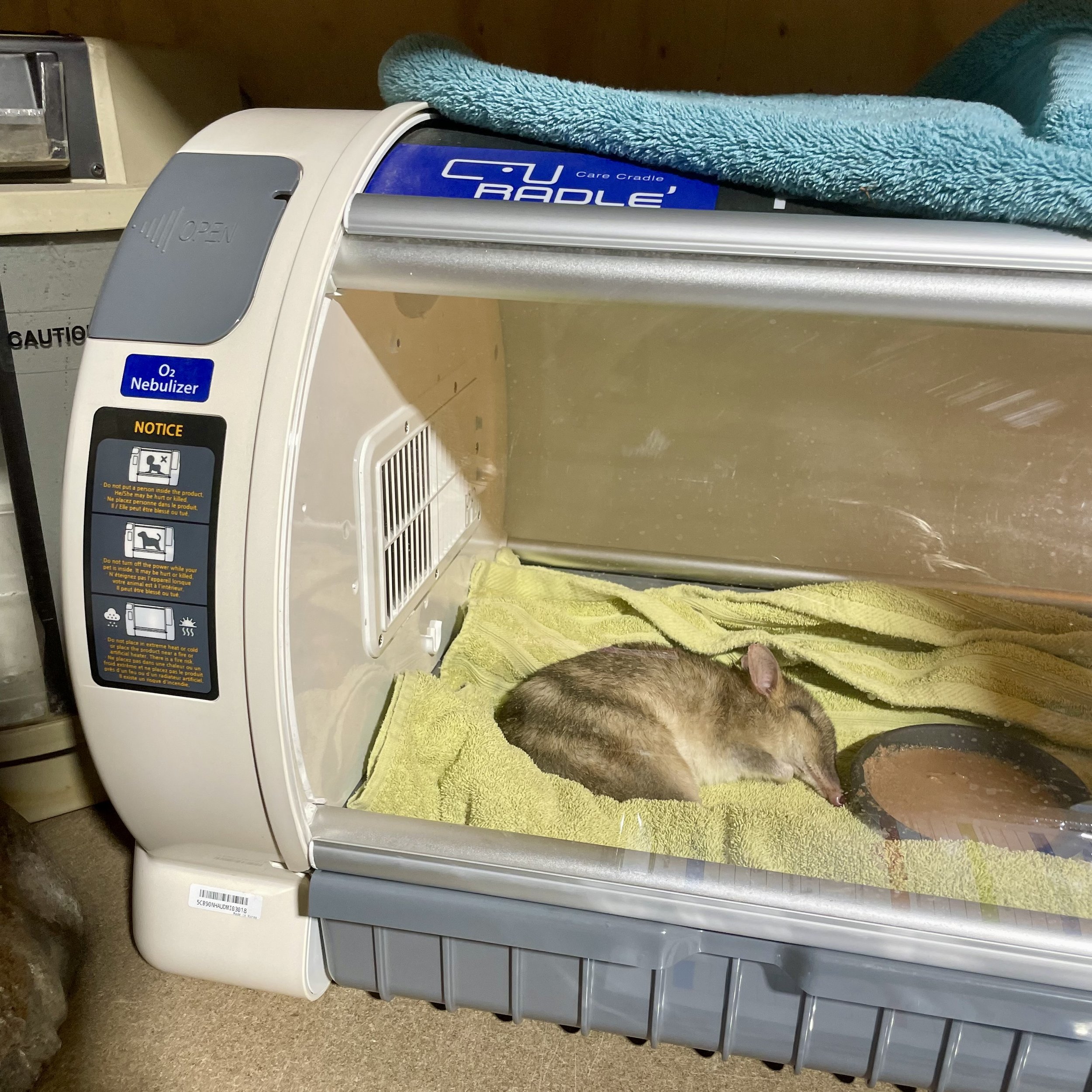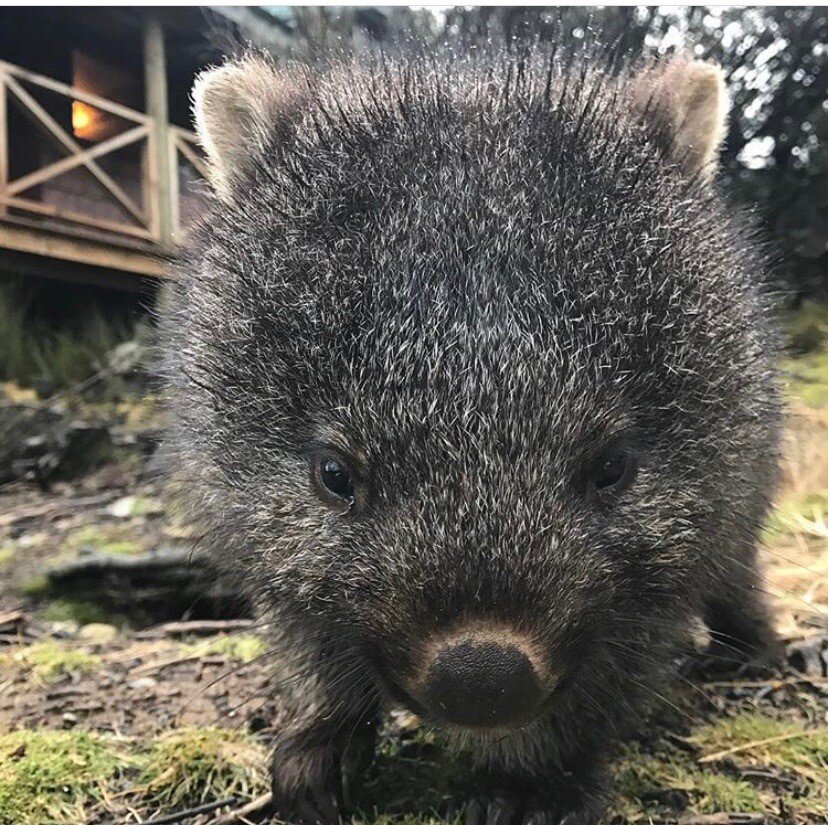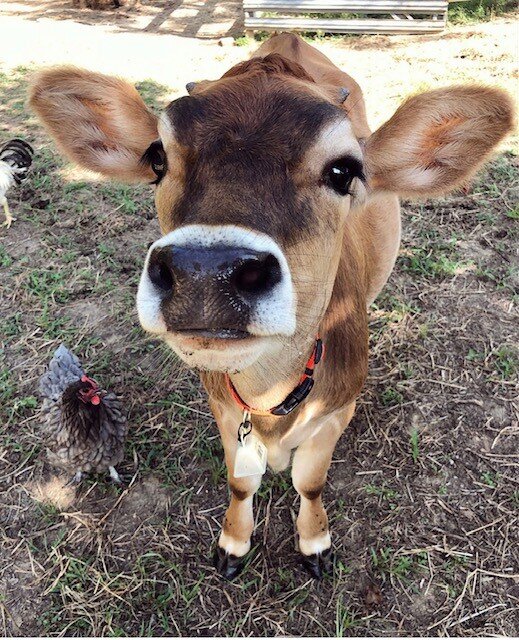Forth Valley Veterinary Clinic Blog
Our top tips and useful information regarding pet and animal health…

WIRES Grant Recipient News
We are pleased to announced that we were recently successfully with our WIRES Grant Application. This grant funding has allowed us to improve wildlife treatment and care

The Tasmania Wildlife Hospital charity ventures
The clinic is thrilled to announce that Dr Kath Adriaanse has joined the TWH team as the Head Wildlife Veterinarian.

A quick check in on little Tibs progress
The other week our pint-sized penguin friend, Tib was back in our clinic for a check up. New X-rays have provided some more insight into how his broken leg was mending. Let's dive into a quick update on Tib's path to recovery.

What’s next for Little Penguin Tib?
Little penguin “Tib” arrived at the Forth Valley Vet clinic in need of urgent treatment for a fractured tibia, broken toe and mild external wounds. Now Tib must learn how to trust humans, so he can begin the journey of healing and rehabilitation.

Equine Cushings Disease
Equine Cushing's disease, also known as Pars Pituitary Intermedia Dysfunction (PPID) is a disorder of the horses’ endocrine system (hormonal system). Equine Cushing’s most commonly affects pony breeds, but larger breeds can be affected and it is mostly seen in older horses above the age of 15.

Feline Core Vaccine - FeLV
Vaccinate, vaccinate, vaccinate. Just like humans cats require annual immunisations to keep them healthy and protected against infectious disease.

Feline Immunodeficiency Virus - FIV
Feline Immunodeficiency virus is a relatively common disease in outdoor cats in Australia. The virus attacks the immune system, leaving the cat vulnerable to secondary infections and disease.

What to do when you find injured Wildlife
PROTECT YOURSELF. Personal safety is first and foremost. Injured animals don’t know if you are going to help them or harm them. They may kick, scratch or bite. If you are in a vehicle, turn your hazard lights on. Try to warn oncoming vehicles to slow down.

Joint Ill
Septic arthritis (commonly known as joint infections) are common in all breeds of cattle and can be life threatening to the animal. They are most commonly seen in young calves as secondary infections to umbilical (navel) infections shortly after birth.

Calf Disbudding
Most dairy animals naturally grow horns that must be removed to prevent harm to people and other animals. Horns can be removed from calves while the horn is still in the bud stage (disbudding), or by method of amputation in older animals (dehorning).

Colostrum
Colostrum is the thick, sticky, yellow-white fluid produced by the mare’s udder. It is highly nutritious, having higher levels of protein, fat, vitamins, sugars & minerals than regular milk. The most important contents of the colostrum are the maternal immunoglobulins. Immunoglobulins are building blocks of proteins used by the body’s immune system to fight off infections.

Calving
The normal gestation length of a cow can range from 279 – 288 days - the normal progression of the calving process involves 3 stages of labour.

Equine Dentistry
Regular dental examination and treatment is essential for every horse whether it be competing at a high level or just grazing the paddock as a retired pet. Dental treatments performed at least once a year are recommended to prevent painful conditions of the mouth.

Foaling
The birth of a foal is usually a relatively straightforward event. It most commonly occurs in the early hours of the morning and while the initial, restless preparatory stage can take several and up to twelve hours, the birth itself if usually over within 20-30 minutes.

Placentitis
Placentitis occurs most commonly in middle aged mares that have produced a number of foals but can also occur in young mares and in maiden foaling mares .The condition interrupts the blood supply to the developing foetus and can result in the delivery of under-developed, premature and septic foals or in the worst case, abortion of the foal.

Preg Testing
Pregnancy testing is critical to any reproductive management program. There are two procedures our vets perform to confirm pregnancy; The Manual Rectal Palpation and Ultrasound.

Kelato Animal Health
Whether you’re involved in show jumping, breeding, showing, racing, dressage, eventing or just ride for pleasure, your horse’s gut health plays an integral role in their overall performance and well-being.

Soft Palette Resection
oft palate resection is the removal of the distal (end) area of the soft palate and is performed to allow a dog to breathe normally or near normally. Some dogs, especially short nosed (brachycephalic) breeds such as French Bulldogs, Pugs and Bulldogs have overly long soft palates for the length of their mouth.

No Hoof No Horse
A healthy horse has healthy hooves. For the sake of your horse – and keeping him sound - it’s important to pinpoint problems early so you can seek professional diagnosis and treatment. But how do you know what to look for?

Caring for the older Horse
An older horse can be worth its weight in gold. They’ve been there, done that and can be super schoolmasters for young or beginner riders. They deserve the very best of care!
Our staff are wildly passionate about animals and making sure your pet is living its healthiest and happiest life
Back that passion with expert qualifications and a love of learning, and it’s safe to say your fur family is in very safe hands.
